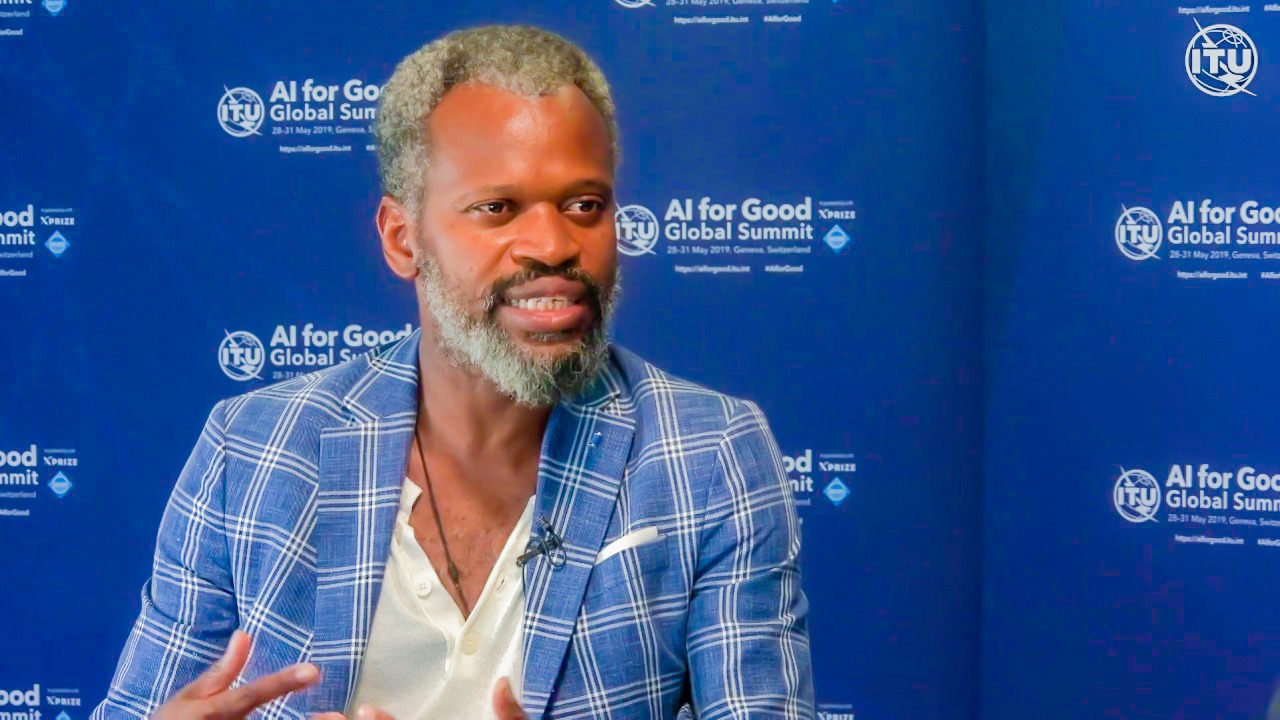advertisement
Ada Labs To Launch Four More Solution Startups For Africa
Ada Labs Africa has announced the acquisition of six startups, two already in the market while the other four awaiting…

Ada Labs Africa has announced the acquisition of six startups, two already in the market while the other four awaiting an official launch in the coming months.
Founded on artificial intelligence and blockchain, Ada Labs is a smart technology incubation hub that focuses on creating solutions that are both socially and economically impactful and aims to serve a bigger community outside the confines of its facility.
“Ada Labs is focused on the evolution of smart technologies to create change and on developing the next African entrepreneur. Our focus is not just on technology development but also in developing human beings who will create change. This means that we also evaluate applications on businesses’ potential to add value in the local economy and create new work opportunities,” said John Kamara, CEO, and Founder at Ada Labs.
advertisement
Ada Labs launched earlier this year and is set to leave a mark in the technology industry. The Lab houses startups for a year with a goal of ensuring the input they receive is holistic; ranging from investor relations, operations and administrative support, access to networks, finance, commercialization, public relations, marketing, and advertising and capacity building.
“The great leaps we’re making toward creating an ecosystem that will provide solutions for Africans and the world, by Africans and serving the larger community is one of the main reasons Ada Labs was created,” added Mr. Kamara.
AfyaRekod was created as a patient-driven platform, working to ensure the needs of the patient are always met but also offering a unique focus on the patient journey with medical practitioners and health facilities. It is a digital health data platform that allows its users to capture, store, have real-time access and mobility of their health data.
advertisement
AfyaRekod focuses on disease sequencing to ensure data collected can be used to understand the movement of symptoms, the metamorphosis of symptoms, dynamics of symptoms for different patients, and the flow of symptoms.
“For you to sequence any disease you must always sequence the symptoms, the human is a secondary party. To sequence symptoms, you need to collect data from the word go. In relation to machine learning in healthcare, this will also allow doctors and other health practitioners to generate more revenue and equalize the power of data between the health facility and the patient allowing for a more proactive healthcare ecosystem,” concluded Mr. John Kamara.
Sequencing of symptoms and movement of these symptoms across multiple locations allows for the platform to eventually have the ability to predict, analyse and inform questions accurately due to it’s AI backbone